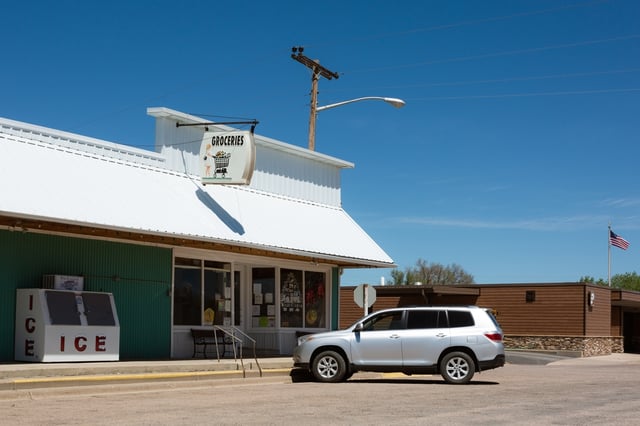Indies Heartened by Proposed FTC/DOJ Merger Guidelines
National Grocers Association (NGA) has responded positively to the release of a proposed update to merger enforcement guidelines. The proposed draft from the Federal Trade Commission (FTC) and Department of Justice (DOJ) includes new considerations for mergers in regard to buyer power. In particular, one of the 13 proposed guidelines directly addresses buyer power (i.e., monopsony power) in which a merger of competing buyers decreases competition for other sellers.
In comments submitted to the FTC and DOJ in April 2021, NGA asked the agencies to consider how dominant firms use their bargaining leverage to impose discriminatory terms on their rivals. The trade organization representing the independent sector of the food distribution industry laid out how these major food retailers have a considerable advantage over competitors, due to their ability to demand more favorable terms from grocery suppliers in such areas as price, promotions, payment terms and product availability.
“NGA is pleased to see federal antitrust enforcers take seriously the competitive concerns that arise when dominant firms abuse their buyer power to impose discriminatory terms on their rivals,” noted Chris Jones, SVP of government relations and counsel at Washington, D.C.-based NGA. Jones added that the organization “ and its members have consistently warned federal antitrust officials about how US consumers are worse off due to buyer power abuses in an increasingly consolidated grocery sector. This problem has been laid bare by pandemic-era supply chain disruptions and increasing food price inflation where independent grocers have been put at critical disadvantage relative to their dominant competitors, especially those who serve rural and urban communities.”
NGA cited November 2021 data from Washington, D.C.-based non-governmental organization Food and Water Watch showing that just four national grocery retailers account for 69% of all U.S. grocery sales, with two of the four, Kroger and Albertsons, having submitted plans to federal enforcers to merge by early next year. Last November, NGA member Michael Needler Jr., CEO of Findlay, Ohio-based Fresh Encounter Inc., which operates almost 100 grocery stores in Ohio, Indiana, Kentucky and Florida, testified before the Senate Judiciary Subcommittee on Competition Policy, Antitrust and Consumer Rights on the potentially negative effect of the Kroger-Albertsons merger on smaller grocers.
The trade group said that it was still reviewing the full impact of the proposed merger guidelines on the independent supermarket sector, and that it would provide comments on the new draft guidelines ahead of the deadline, which closes in 60 days.






